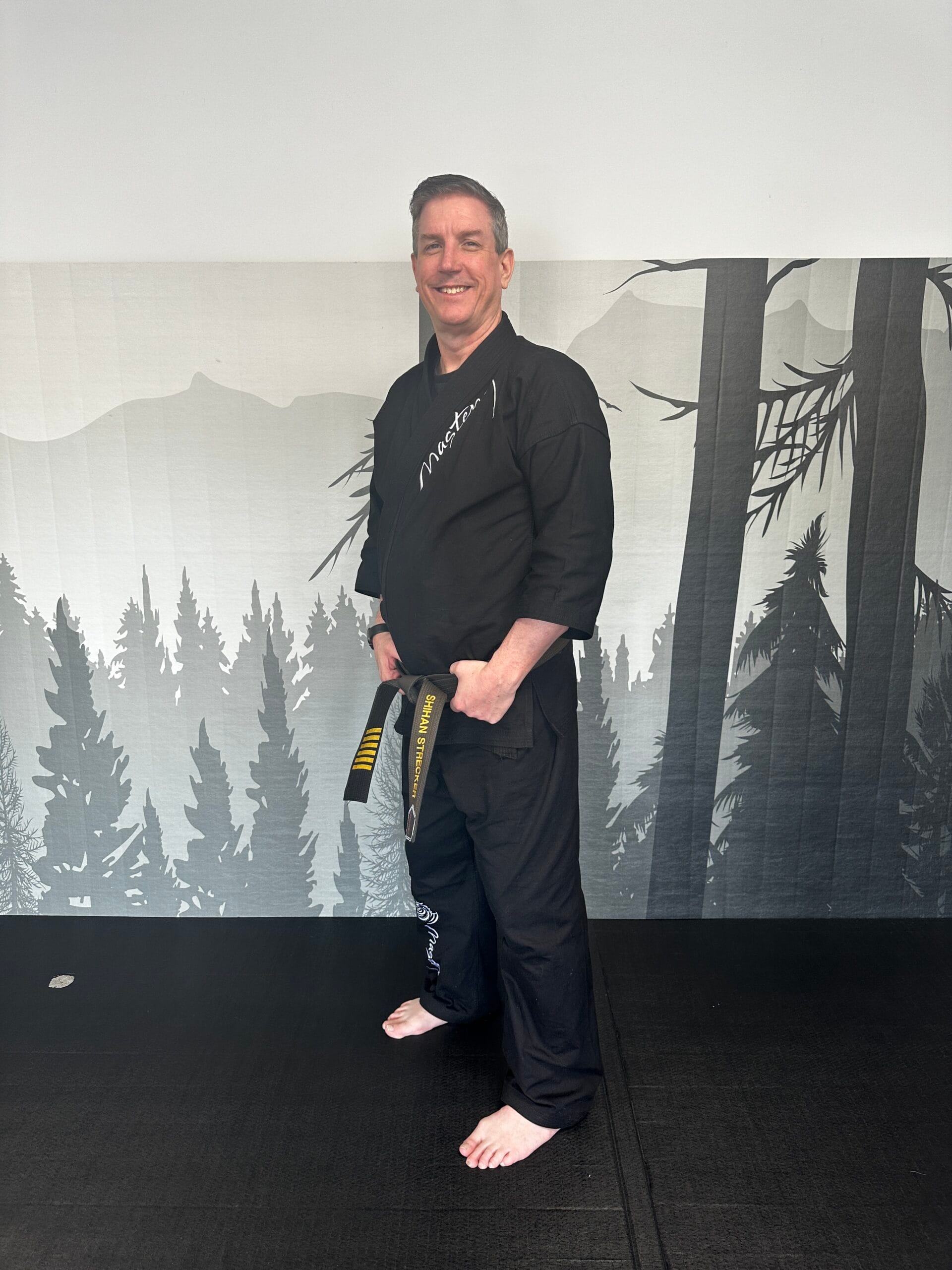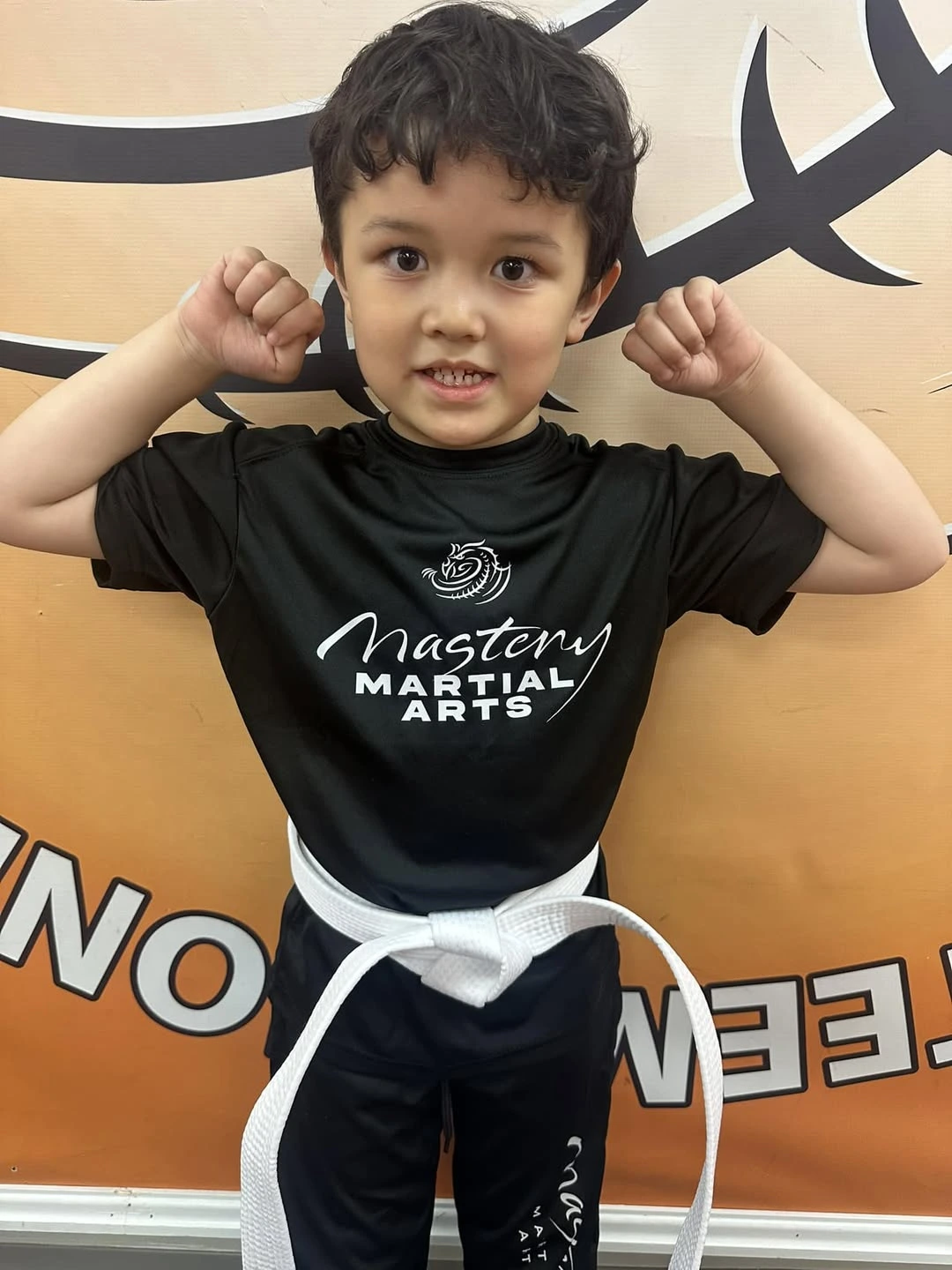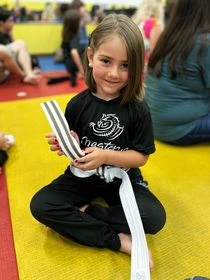You want your child to move through the world with more confidence, which is why self-defense for tweens can be a powerful way to equip them for life’s uncertainties. Although you hope they never face a real threat, the data reveals that 93% of the time, children know the person who intends to harm them. That means awareness and assertiveness matter as much as physical techniques. Good news, there are practical ways to strengthen your child’s safety habits and encourage everyday confidence.
Why Safety Training Matters
Building a foundation of self-defense helps your tween recognize and navigate sketchy situations early on. Studies suggest 34% of individuals who could harm a child are family members and 59% are acquaintances, so your child’s sense of caution should go beyond “stranger danger.” By learning to watch for warning signs, trust instincts, and say no, your tween learns real-life skills that could help them avoid dangerous interactions.
Just as important, safety training fosters emotional security. When your child knows how to respond, they feel empowered rather than fearful. This confidence can show up everywhere, from the playground to school hallways. If you want to explore further physical and situational skills, check out self-defense techniques for children for more in-depth ideas.
Core Principles of Tween Self-Defense
Awareness and Assertiveness
- Teach your tween to notice who and what is around them, whether they’re online or walking home from school. A simple scan of their surroundings can help them spot unusual behavior.
- Encourage them to be vocal. If someone makes them uncomfortable, they should say no, walk away, and tell a trusted adult. The National Center for Missing and Exploited Children calls this the “No-Go-Tell” approach, which emphasizes refusing unsafe situations and quickly seeking help.
Effective Physical Skills
- It’s helpful for your tween to practice basic calming and confidence-building moves. Self-defense classes often cover easy ways to block, break free, or strike the right target on an attacker.
- If a situation turns physical, experts generally advise targeting sensitive spots such as the eyes, face, or groin, then getting away as soon as possible. Avoid prolonged confrontation when escape is possible.
Simple Tools to Boost Security
While mindset and techniques come first, physical self-defense tools can be reassuring. However, keep in mind that minors often face legal restrictions:
- Personal Safety Alarms
These small devices emit a loud sound (up to 125 decibels) designed to startle a threat and draw attention. They require no special license and can be carried by children of any age. - Tactical Pens
A discreet option that doubles as a writing tool and a way to deter potential threats. Tweens can carry them in a backpack or pocket without drawing attention. - Pepper Spray
This effective deterrent is usually restricted to those 18 and older in most states. If your local area allows minors to carry pepper spray, ensure you choose a school-friendly version and teach proper handling.
How to Find a Local Program
You can often discover tailored self-defense classes for tweens at community centers, martial arts studios, or even after-school programs. Many programs highlight:
- Age-appropriate lessons that blend fun, fitness, and defensive moves.
- A positive environment where kids encourage each other to grow in skill and confidence.
- Instructors with experience in real-world self-defense, child psychology, and safety tips.
Mastery Martial Arts in Troy is one of the best options if you live in the area. Their age-specific programs help children develop confidence, discipline, and respect while learning practical techniques. Parents often report that kids show better focus, greater resilience, and healthier social skills after joining these classes.
Recap and Next Step
- Emphasize awareness by teaching your tween to notice surroundings and trust their instincts.
- Encourage them to speak up and practice a “No-Go-Tell” approach whenever they feel unsafe.
- Consider adding simple safety tools like alarms or tactical pens if it feels right for your family.
- Enroll them in a local program, such as Mastery Martial Arts in Troy, to build solid skills and confidence.
Ready to get started? Visit www.kidsmartialartstroy.com for a free two-week trial. Helping your child feel capable and protected is an investment in their well-being. With the right strategy, self-defense for tweens becomes a practical and empowering step toward a safer future.





0 Comments